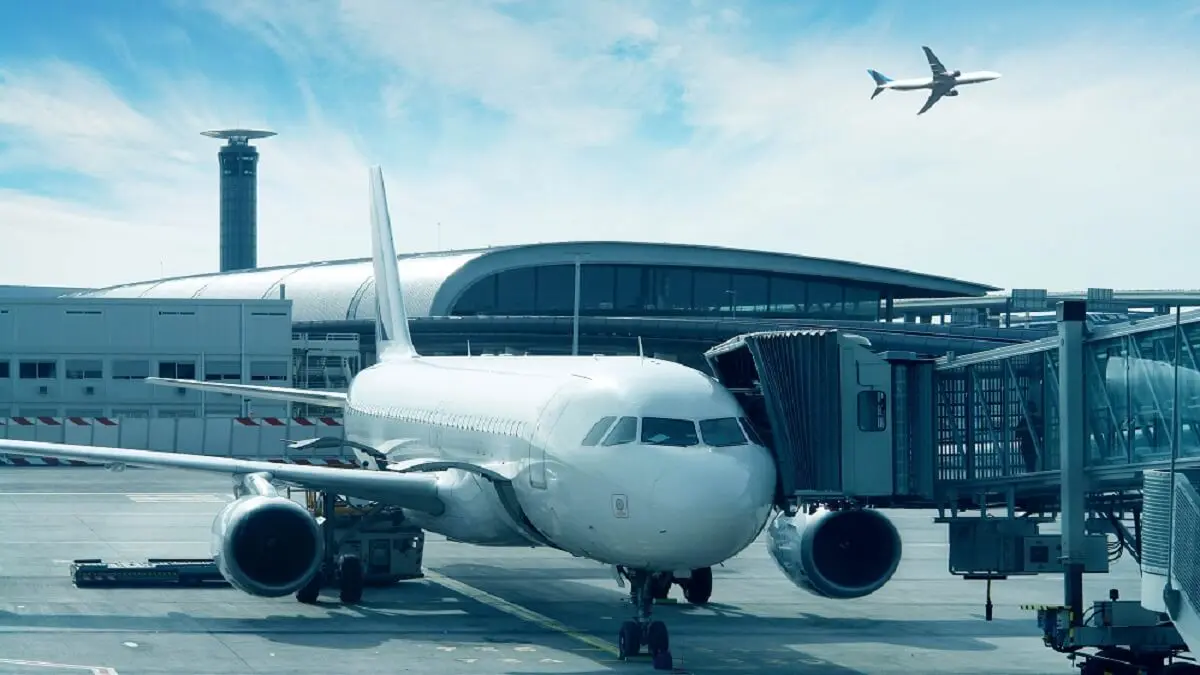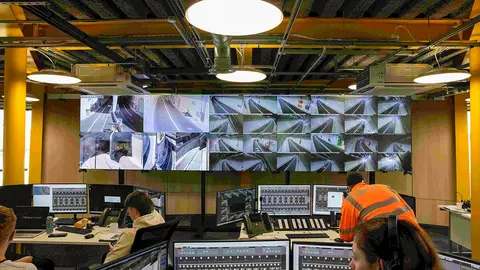Indra implements its cutting-edge technology to improve efficiency and safety at Paris Charles de Gaulle Airport

Indra has signed a major contract with the French Air Navigation Services Directorate (DSNA), which manages French airspace, for the complete modernisation of the surface movement control and guidance system at Paris-Charles de Gaulle Airport (CDG). The project aims to enhance the efficiency and safety of air traffic control operations at one of Europe's busiest airports.
Paris Charles de Gaulle is one of the few airports in the world where three aircraft can take off or land simultaneously, making it essential for DSNA air traffic controllers to have an accurate overview of surface operations. With 70 million passengers expected in 2024, four parallel runways and three control towers, Charles de Gaulle is the first of Europe's busiest airports to implement the technology required by the EU's Common Project 1.
‘We are delighted to continue our collaboration with DSNA and contribute to the transformation of one of Europe's largest airports. This contract reinforces our commitment to the continuous improvement of air traffic management systems and to supporting the growth of the aviation industry through safe and sustainable technology,’ said Enrique Castillo, Director of Business Development at ATM Indra.
The company has already announced the first phase of the project, focused on facilitating reliable air traffic operations during the 2024 Paris Olympic Games, and will now upgrade the system with its state-of-the-art InNOVA technology to increase operational efficiency and controllers' visibility, thereby improving safety at a highly congested airport.
Safer and more sustainable operations
Indra's InNOVA technology collects and processes key information on aircraft and vehicles on the ground, eliminating ‘noise’ or irrelevant data, which facilitates faster and safer decision-making, even in environments as complex as Charles de Gaulle.
The upgrade will include more efficient management of flight and operations data and will also enhance safety through automatic alerts that detect potential conflicts and notify controllers in real time if an aircraft or vehicle deviates from its route or if conflicting instructions are issued that could jeopardise operations.
Indra will also implement new functions to optimise ground trajectories, reduce taxiing times, minimise fuel consumption and CO2 emissions.
These improvements are part of a global effort to help Paris Charles de Gaulle Airport comply with the EU's Common Project 1 (CP1) regulation. CP1 requires 19 major European airports to modernise their technological infrastructure to improve efficiency, safety and sustainability in air traffic management.
DSNA has been using Indra's ground surveillance system since 1997. This technology is also operational at other international airports such as Heathrow (United Kingdom), Zurich (Switzerland), Incheon (South Korea) and Toronto Pearson (Canada).










